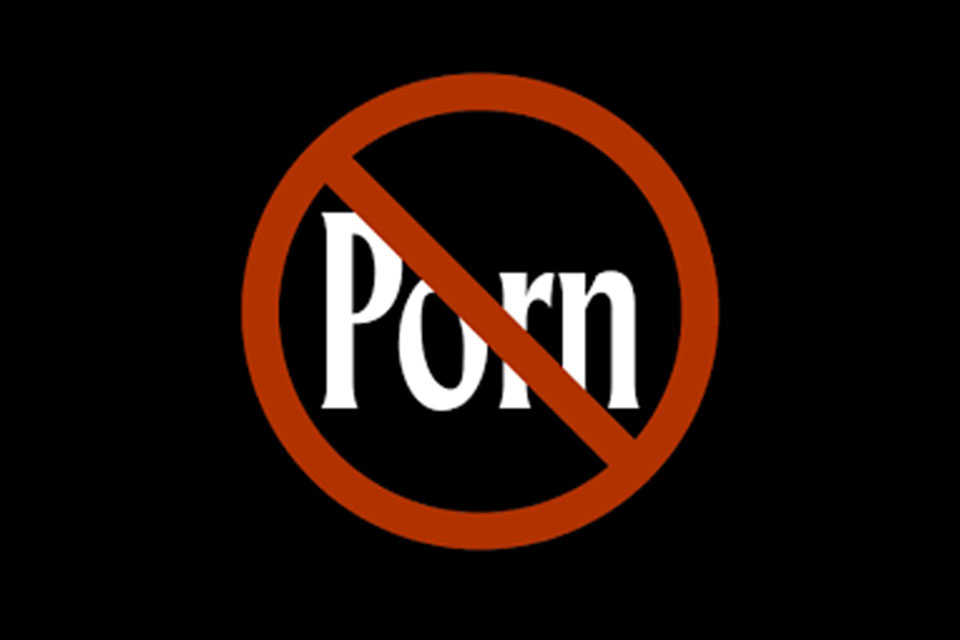Nthato Ntsoko | 27 June 2017
The discovery of pornography on the internet is as easy as typing “sex” on any search engine, its accessibility just a click away.
Pornography addiction has affected not only adults, but has heavily impacted psychology and behaviour in teenagers too, often eroding harmonious, stable family relationships.
Undoubtedly, pornography is a pandemic – one that remains a sensitive talking-point within communities, due to the ‘morally-loaded’ and taboo connotations with which many conservative sections of society associate the topic.
However, Pornography is not evading societal scrutiny and protest merely because of the sensitivity factor. Rather, the sense of ‘silence’ with which this scourge is being met today may arguably be attributed to pornography’s lucrative operations from ‘within the shadows’, feeding on shame and isolation.
Of further concern is the question of whether a vast majority of society has subconsciously ‘normalised pornography’, due in a time where indecent exposure is often glorified and celebrated.
The effect of pornography on adolescents is far from simplistic. While viewing pornographic material, a complex psychological phenomenon manifests in the young adult’s mind, shaping the brain and programming the mentality to view the pornographic content as ‘truth’ in respect of physical sexual experiences. This distorted depiction is a key contributor to sexual compulsivity and sex addiction in young adults.
The human brain undergoes neuroplasticity during the adolescent stage. During this period, the brain is at a ‘malleable phase’ and is consequently easily influenced by the environment to which the young adult is exposed. Prevalent activities in that environment become ‘normal’. Tolerance of prevailing behavioural patterns develops, leading to such behaviour – albeit often distateful – being normalised.
According to statistics provided by Real Marriage Research Brief, an alarming 90% of children aged between eight and sixteen have viewed pornography. Research shows that the largest consumers of pornography are boys between the ages of 12 to 17. While perturbing, the statistics are barely surprising, as there are over 420 million porn sites across the internet.
Exposure or an addiction to Pornography never remains within the four walls of a bedroom. Rather, it eventually wraps around and distorts one’s view of relationships and sexuality, as well as the manner in which one interacts with people of the opposite gender – or even of the same gender. Porn draws its victims down an avenue of sexual objectification. For many males addicted to porn, the almost inevitable result has often proven to be the development of misogyny, regarding women with a decreased sense of respect, dignity and humanity. The viewing of pornography has further been linked to the rise of sex crimes in communities, due to an increased acceptance of aberrant sex.
Salaamedia recently interviewed Jarrod Cronje – a recovery coach who rehabilitates those suffering from pornography addiction. Mr Cronje highlighted the difference between substance and screen abuse and equated porn addiction to drug addiction, as both scourges exert neurosurgical impacts that could develop into chronic bio-psychosocial disease. Unlike other addictive substances, pornography does not ‘leave the body’ as naturally. Rather, it lingers in the psyche of its victims.
Mr Cronje advocates for proactive parenting. He believes that parents need to intervene by enabling shared data content within households that utilise the internet. Parents can also enable the filtering and censoring of porn sites or alternatively make sure that children do not have access to the internet. The latter can be detrimental as this shies away from the crescendos and dynamics we face as a society – a society progressing on ‘educating’ rather than resorting to uninformed protectiveness over our children. It is therefore necessary that parents open a dialogue with their children at an early age to ensure that children are aware of the negative effects of pornography. Within the various structures in societies – schools and households – the nature of healthy intimacy built on higher values and morals needs to be emphasised and encouraged, in order to exhilarate efforts in nurturing ‘morally socialised’ individuals – particularly teenagers and young adults.
Mr Cronje assured listeners that there are solutions to dealing with pornography addiction. If one is in need of rehabilitation, one can simply contact a rehabilitation centre or call the Life line facilitated by The Foundation Clinic –[Oaklands based in Johannesburg on 011 728 9200. Alternatively, contact Mr Cronje personally on 0739899803.
Porn is continuing to have pervasive effects throughout society, as porn consumption lives under the radar. Something must be done to counteract this naive consumption. Shame feeds addiction. Honesty fights it.
